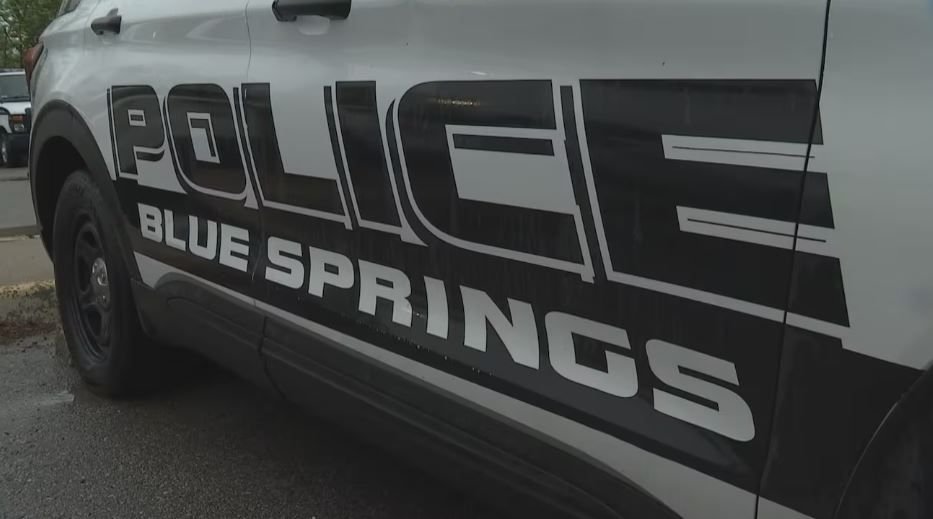Click here for updates on this story.
BLUE SPRINGS, Missouri (KCTV) — A shooting that killed two people in a Blue Springs park earlier this month led to first-degree murder charges and an arrest Wednesday.
Charging documents point to an AI-equipped camera system that helped police track down the getaway driver, a girl under 18. You can think of it as an improved version of a license plate reader.
Until recently, most police agencies had license plate readers mounted on patrol cars. The Blue Springs Police Department still has four patrol cars. Instead, flock cameras are often seen at high-traffic intersections and in places like parks. They have about two dozen. Flock cameras can cover larger areas, do so 24/7, and they can read much more than license plates.
Capt. Kyle Flowers, the department's investigative captain, said they've had the network for about a year.
“It's very helpful. We use it constantly during our investigations,” Flowers said.
Marquis Earl Lee Savannah was arrested Wednesday on a warrant for first-degree murder. Charges filed before his arrest came with a four-page probable cause statement detailing the April 13 shooting at Wilbur Young Park near the volleyball court shortly after 10:30 p.m. There was a fist fight, then a shootout. Police found at least 28 shell casings. At least three people opened fire and three were injured. One of the shooters, who was also shot, was under the age of 18. Savannah is an adult, as were the two men killed.
The first set of cameras that came into play in the investigation were city-owned cameras. He gave the police the sequence of events. It also showed a car that Savannah got into shortly after the shooting. The camera didn't catch the license plate, but it gave police a good description.
This is where the Flock camera system comes in. It doesn't need a plate number to find a hit on the camera.
“We can also search by make, model and other features,” Flowers explained. “If it has a roof rack, if it has bumper stickers, things like that. It uses AI technology to identify those vehicle features.
The cameras take snapshots of passing vehicles, then code them with these descriptors. Investigators can then enter descriptors and narrow their search based on location and time to retrieve images of each matching vehicle. A *human analyst then examines the images for a more accurate match containing the plate number, as the Flock system is trained to capture. From there, they can set an alert on that vehicle to get a ping when it's spotted.
That is what happened in this case. Court documents show a sergeant used the Flock camera system to identify a sedan shown on a park camera as having a specific color, year, make, model with a specific license plate. Two days later, another sergeant found “a swarm hit on a Chevy Cruze . . .”
A patrol sergeant then responded to the area to look for him, spotted him at a nearby car wash and took the driver into custody.
Investigators can track the vehicle for up to 30 days using a hotspot map that shows the locations where it is most often seen. This can be used to determine where a suspect may live. The network is spread across the country among partner agencies.
KCTV5 reached out to several other area police agencies to find out which have the same camera network. The Kansas City, Missouri Police Department indicated that they use Flak products. The Overland Park Police Department said they have access to the camera network but do not control it. The Kansas City, Kansas Police Department said it has just begun implementing the technology.
While the use of tech is on the rise, Blue Springs police have been clear about how they don't use it.
“It's just an investigative tool,” Flowers said. “It's not live monitoring. It's not for traffic citations or red light tickets. It captures snapshots that are stored for 30 days, and we have to have investigative reason to search the vehicle.
A FlakSafety representative indicated it currently partners with about 160 Missouri agencies and 80 Kansas agencies.
Please note: This content is strictly local market restricted. If you share the same market as this article contributor, you may not use it on any platform.
